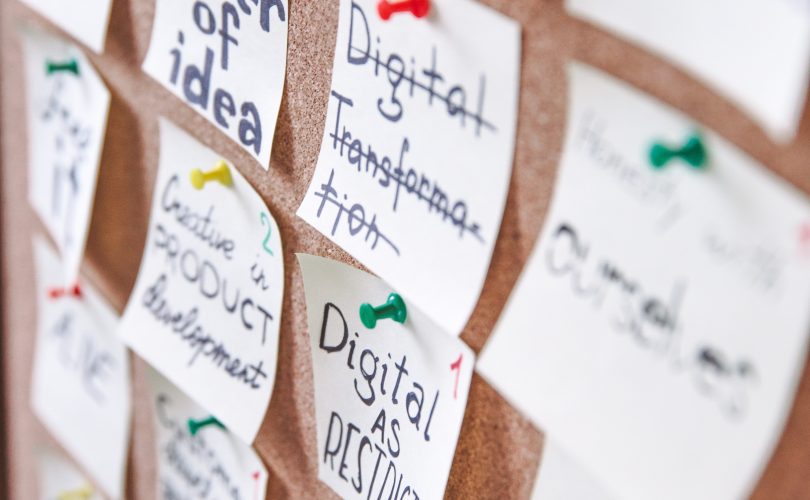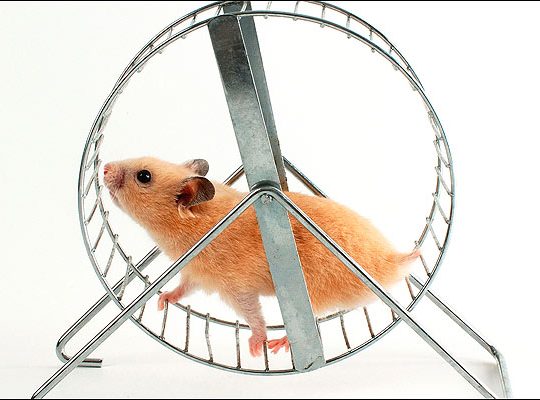Priorities refer to those things that are important.
Many are still in the habit of “reacting” to the urgent rather than “responding” to the important.Think about this statement. Important activities should be of high priority because they are the things that contribute significantly to our objectives. They have more “long-term” impact. They should help us the most in reaching our goals. Don’t prioritize based on who gave you the work; fit it based on its importance and urgency and who should be handling it based on responsibilities, skills, and capacity.
Urgent activities usually are more “short-term” in nature and may or may not relate to our objectives. They usually do not make significant contributions. They make endless demands on our time and pressure us daily.
There is a constant tension that develops between the urgent and the important. Because the important things seldom need to be done today, and the urgent almost always do, there is a critical need for learning to set proper priorities so that our visions, goals, and desires can be met, more effectively.
Most people don’t take the time to prioritize. They are usually reactive. We recommend you be proactive.
Here is a list of time-gaining events to help you more effectively prioritize. Enter the approximate amount of time you feel you will gain each day by successfully performing the selected events, changing your habits and using your tools.
1. Set priorities during your daily planning. Eliminating unproductive tasks gains valuable time.
2. Create a “written” agenda and follow it for every meeting. An agenda with no more than three objectives gains valuable wasted time from long, ineffective, rambling meetings.
3. Learn to “say no” to demands that don’t benefit you, or send the request to the appropriate person. This helps you to double the time gained by not reacting to the demand and by freeing you up to do what does benefit you.
4. Learn when your high-energy time is. Scheduling your priority work for this time gains minutes through more effective and empowering work.
5. Prioritize your reading by learning to skim articles, memos, books etc. Then read only what really gives you value.
6. Request that people that send you e-mails that prioritize and spell out the actions they are asking of you with clear bullet points not long narratives.
7. Write down what your objectives are before you return phone calls or emails to gain time through quicker, more effective communication.
8. Early in the day, sort mail and place each piece appropriately (now, future, trash)to gain valuable time throughout the day as each piece is addressed only once.
9. Prioritize and review the list of tasks you have given a subordinate. Clarity and merging of the minds often uncover shortcuts.
10. Create lists often.This helps with focus and multi-tasking
What others said about this:
“Without action, without decision, you remain in possibility, which is safe and beautiful but eventually enervating and boring.”
“You cannot change anything in your life with intention alone, which can become a watered-down, occasional hope that you’ll get to tomorrow. Intention without action is useless.”
“It is time for us all to stand and cheer for the doer, the achiever—the one who recognizes the challenges and does something about it.”
“Thought is the blossom; language the bud; action the fruit behind it.”







